Contents
Guide

The author and publisher have provided this e-book to you for your personal use only. You may not make this e-book publicly available in any way. Copyright infringement is against the law. If you believe the copy of this e-book you are reading infringes on the authors copyright, please notify the publisher at: us.macmillanusa.com/piracy. CONTENTS For Drenka Willen Every October for decades, a group of reporters and photographers from all over the world has gathered in the stairwell of an apartment block in Stockholm, waiting to hear if the poet upstairs has finally won the Nobel Prize in Literature. The poets wife, Monica, would bring them tea and biscuits while they stood aroundbut they would always leave, around lunchtime, as the news came in that the prize had gone to someone else.
Annually, the name of Tomas Transtrmer came up, and with every year one felt a growing sense that he would never receive this highest literary honor from his own country. The vigil is over now, with the wonderful, almost unbelievable news of October 2011. Now in his eightieth year, Tomas Transtrmer is not only Scandinavias greatest living poet, but also widely regarded as one of our most important contemporary international writers. He was born in April 1931, an only child. His parents divorced when he was three years old, and he was brought up by his mother within the educated working class of Stockholm: a Social Democratic system infused with the traditional Lutheran ethics of moral compassion and generosity. After graduating in psychology, he took up a career in the field, working in a young offenders institute in Linkping.
In 1965 he moved with his wife, Monica, and their daughters, Paula and Emma, to Vsters, a small town west of Stockholm, where he continued his work with juvenile delinquents, convicts, drug addicts, and the physically handicapped. It was during this time that his poetry began to reach its full maturity and an international audience, being translated into more than sixty languages and bringing him a host of awards. In 1990, however, his life was changed irrevocably by a serious stroke. While his disability did not end his writing career, it did impair his ability to communicate, and the Transtrmers now live quietly in an apartment in the Sdermalm district of Stockholmnear where Tomas lived as a young boy, and overlooking the sea lanes where his grandfather worked as a pilot, guiding the ships through the Stockholm archipelagoand in their cottage on the island of Runmar, where Tomas spent his childhood summers. The landscape of Transtrmers poetry has remained constant during his fifty-five-year career: the jagged coastland of his native Sweden, with its dark spruce and pine forests, sudden light and sudden storm, restless seas and endless winters, is mirrored by his direct, plain-speaking style and arresting, unforgettable images. Sometimes referred to as a buzzard poet, Transtrmer seems to hang over this landscape with a gimlet eye that sees the world with an almost mystical precision.
A view that first appeared open and featureless now holds an anxiety of detail; the voice that first sounded spare and simple now seems subtle, shrewd, and thrillingly intimate. There is a profoundly spiritual element in Transtrmers vision, though not a conventionally religious one. He is interested in polarities and how we respond, as humans, to finding ourselves at pivotal points, at the fulcrum of a moment: The sun is scorching. The plane comes in low, throwing a shadow in the shape of a giant cross, rushing over the ground. A man crouches over something in the field. The shadow reaches him.
For a split-second he is in the middle of the cross. I have seen the cross that hangs from cool church arches. Sometimes it seems like a snapshot of frenzy. Out in the Open Transtrmers is a poetry of sharp contrast and dualitya double world of dark and light, inside and outside, dreaming and waking, man and machine, stillness and turmoiland he is fascinated by the pressure between the world we know and the hidden world we cannot deny. He continually returns to symbolism that stands in opposition to the natural world: the bureaucratic, the technological, andmost specificallythe car, the driver, the mass movement of traffic. The image of man as a diminished, vulnerable creaturedistanced from nature, protected by his machine but open to sudden accidentis a recurring one, and this combination of a natural landscape and abrupt, violent meetings with the mechanical, the unnatural, is a hallmark of his work.
What happens at this moment of collision is vividly portrayed: the split second of shock, of vertigo, where the nerves start to register panic and calamity, where the mind starts to fight against the bodys accelerating fear. The eerie coolness and detachment of these poems, rooted as they are in quotidian reality, allow him to present the intrusion of irrational forces as primal threats; the poems can be seen as staged confrontations between the deracinated modern human sensibility and the unseen, unconscious forcesancient, mysterious, and implacablethat sleep beneath our waking minds. The free versions in The Deleted World were never intended as literal translations. Transtrmer has been well served in English with a good reading of Baltics by Samuel Charters (1975), a useful Collected Poems translated by Robin Fulton (1988; updated 1997 and 2006), and a strong American selection by Tomass old friend Robert Bly The Half-Finished Heaven (2001). Despite the apparent simplicity of the diction, he is a complex poet to translate. His exquisite compression and vividly cinematic imagery are instantly attractive, but the elemental sparseness of his language can often be rendered as colorless and bland.
The supple rhythms of the original poems are hard to replicate, and, equally, the plosive musicality of Swedish words such as domkyrkok-locklang loses all its aural resonance when the word becomes a peal of cathedral bells. His empty, numinous landscape is comfortably familiar to northern poets, but his metaphysical parsing of that landscape into minimal Swedish can often prove too challenging. In his introduction to Imitations (1962), Robert Lowell writes that Boris Pasternak has said that the usual reliable translator gets the literal meaning but misses the tone and that in poetry tone is of course everything. In my relatively free versions of some of Transtrmers poems, I have attempted to steer a middle ground between Lowells rangy, risk-taking rewritings and the traditional, strictly literal approach. I have kept the shape of the poem, opened out its sense more clearly, and triedas Lowell rightly insists one must tryto get the tone. T. S. S.
Eliot told him, If you use the word translation in the subtitle it will attract all those meticulous little critics who delight in finding what seem to them mis-translations. You will remember all the fuss about Ezra Pounds Propertius. Lowell had only a passing knowledge of the original languages of the poets whose work he re-presented in Imitations. However, the contemporary British poet Jamie McKendrick is surely right when he says, The translators knowledge of language is more important than their knowledge of languages. Transtrmer himself has remarked: I perceived, during the first enthusiastic poetry years, all poetry as Swedish. Eliot, Trakl, luardthey were all Swedish writers, as they appeared in priceless, imperfect translations We must believe in poetry translation, if we want to believe in World Literature.


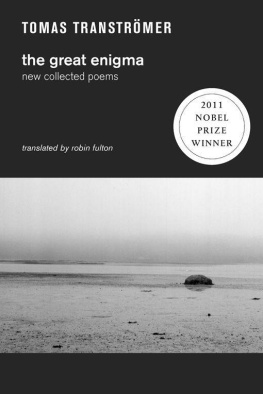
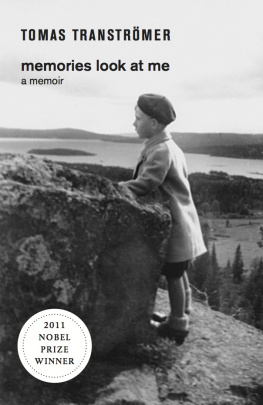
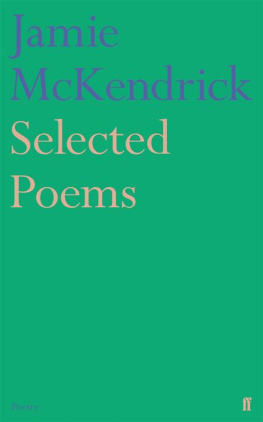
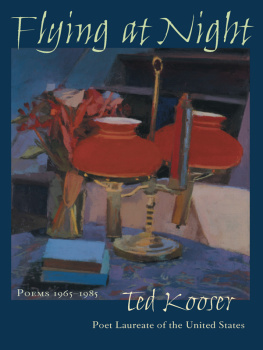
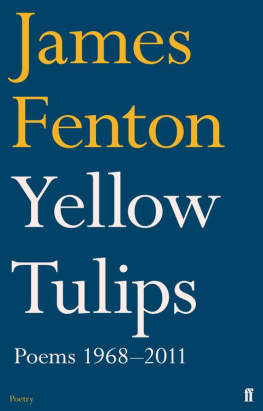
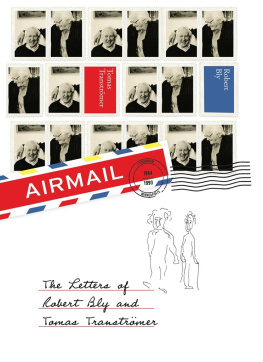
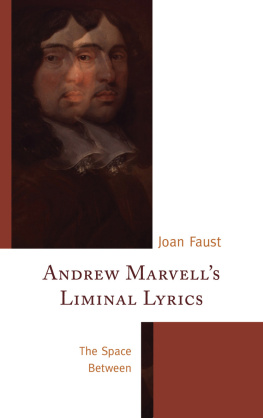
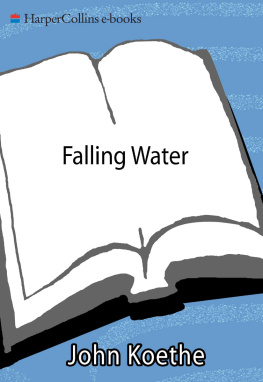

 The author and publisher have provided this e-book to you for your personal use only. You may not make this e-book publicly available in any way. Copyright infringement is against the law. If you believe the copy of this e-book you are reading infringes on the authors copyright, please notify the publisher at: us.macmillanusa.com/piracy. CONTENTS For Drenka Willen Every October for decades, a group of reporters and photographers from all over the world has gathered in the stairwell of an apartment block in Stockholm, waiting to hear if the poet upstairs has finally won the Nobel Prize in Literature. The poets wife, Monica, would bring them tea and biscuits while they stood aroundbut they would always leave, around lunchtime, as the news came in that the prize had gone to someone else.
The author and publisher have provided this e-book to you for your personal use only. You may not make this e-book publicly available in any way. Copyright infringement is against the law. If you believe the copy of this e-book you are reading infringes on the authors copyright, please notify the publisher at: us.macmillanusa.com/piracy. CONTENTS For Drenka Willen Every October for decades, a group of reporters and photographers from all over the world has gathered in the stairwell of an apartment block in Stockholm, waiting to hear if the poet upstairs has finally won the Nobel Prize in Literature. The poets wife, Monica, would bring them tea and biscuits while they stood aroundbut they would always leave, around lunchtime, as the news came in that the prize had gone to someone else.